Right Tools, Wrong Mindset
Athletes often perceive that they’ve put in all the right work - from practice and strength and conditioning to mechanics and schemes. And yet, sometimes, performance still falters. When the game is on the line and your nerves are jacked up, all your training can fail you. Instead of relying on your abilities and physical preparation, your mind takes over and your performance suffers because of it. When in the zone, your mind may be still, allowing your training and gut reactions to propel you to your peak performance. But what about when you’re not in the zone? What about those times when your mind is overactive and suddenly you fear you’ll choke? You have the right physical tools, but the wrong mindset. What to do then??
The good news - there’s an answer. The bad news - if you wait until that moment to prepare, it’s too late! All of your physical preparation can be deemed worthless if your mind isn’t just as prepared. In order to prepare your mind for those times when your abilities are put to the ultimate test (the putt on the 18th hole, the free throw to clinch the game, the last mile in a marathon), you must practice, practice, practice! You wouldn’t try a new move (or form) in a game before you practiced it, so why would you expect the mental skills to be any different?
While it can be hard to simulate pressure situations in practice, there are some things you can do. In order to experience that feeling of nervous pressure, it helps to recreate the physical experience in practice. This can be done by doing a series of hard sprints or even purposely over breathing immediately before practicing your mental techniques. For example, before shooting free throws, run a set of suicides. Then step up to the line and practice your mental technique alongside your physical. So next time you’re practicing your craft, keep in mind these 3 tips to prepare your mental skills as much as your physical.
1. Breath: There are two strategies here. First, if there is a pause in the action, take 5 to 10 slow breaths, not too deep, not too shallow. This will help to reset your nervous system and calm your nerves. Second, if there is no pause in the action, say you’re training for a marathon, turn your focus to your breath to ensure a steady in and out rhythm. In these cases, irregular breathing can also increase our nerves and negatively affect performance.
2. Reset your mind: Chances are, you’ve been in this situation before and have been successful. Draw on your past positive experiences and visualize a specific one to build confidence. Let these experiences become an avalanche of positivity, gaining momentum each time you draw on them.
3. Shift your mind: Once you’ve reset, shift into the present. Instead of thinking, “if I don’t make this shot we lose the game,” shift your focus to the here and now. What and where is your target? By diverting all your mind’s attention to the target and visualizing it, your mind can’t stray to the future.
Now that you have the tools, practice, practice, practice!

